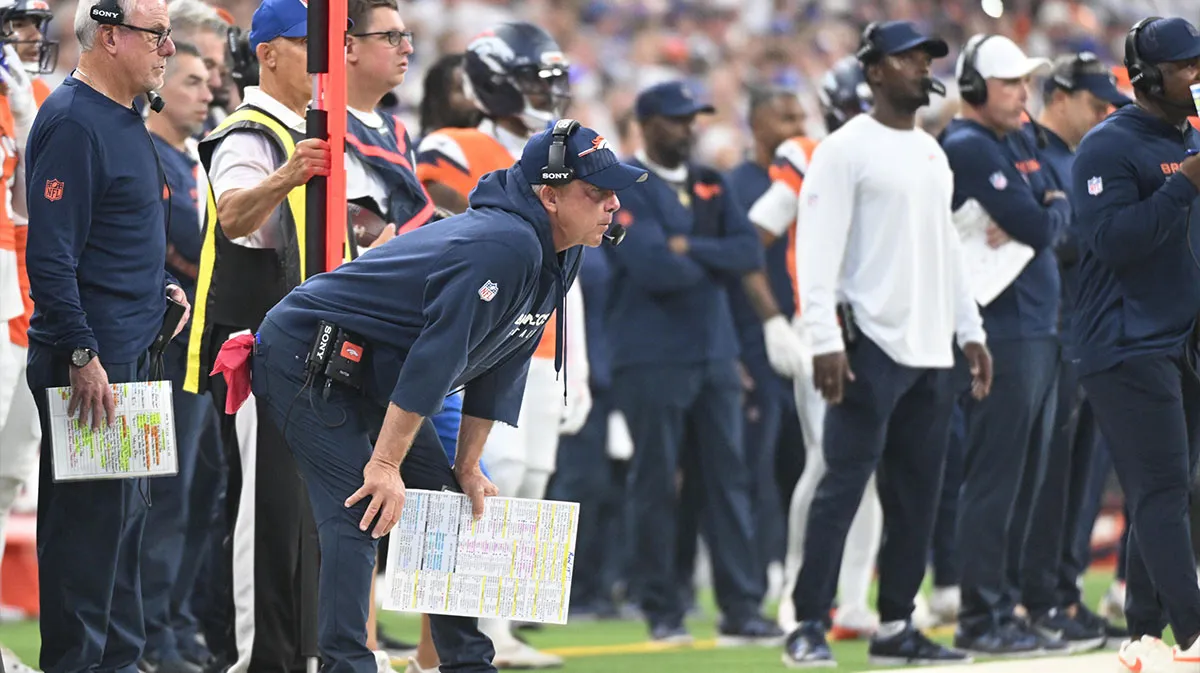
ATLANTIC CITY — New Jersey gambling regulators plan to require many responsible gambling practices that online companies may have been using voluntarily, defining what constitutes a person at risk of developing a gambling problem and laying out levels of intervention that could result in the closing of a gambler’s account.
The state Division of Gaming Enforcement announced the proposed regulations Wednesday, following their publication Monday in the New Jersey Register.
The new rules are meant to create a uniform standard of diligence and care for compulsive gamblers or those at risk of becoming so. And they require the measures to be followed, whereas in the past they existed largely as voluntary best practices that companies were free to adopt or ignore.
They come as internet gambling is soaring in New Jersey. Figures released Tuesday show the state’s online gambling industry set another new monthly revenue record in August, winning $248 million.
“Since online gaming began in 2013, and especially with the advent of online sports wagering in 2018, certain patrons have experienced issues with problem gambling,” the division wrote in its posting. “While the Division has always required the availability of certain responsible gaming tools, such as deposit and spending limits, and it has further required each operator to maintain a patron protection page to facilitate patrons in easily locating information regarding responsible gaming, additional steps are needed to address this ongoing issue.”
Luis Del Orbe, executive director of the Council on Compulsive Gambling of New Jersey, said his group broadly shares the goals of the new rules, particularly regarding identifying at-risk people and intervening when necessary to get them help.
But exactly how and when that is done are crucial factors, he said.
“Because of these regulations and how they put the person ‘under the eye,’ so to speak, will that push people into illegal, unregulated gambling?” he asked. “The provider is made to intervene when they believe there is a problem, and we believe they should. A bartender can cut someone off when they believe they’ve had one too many.
Bar One at Resorts Casino Hotel has been transformed for Halloween.
“But this is also a privacy issue,” Del Orbe said. “It involves digging into people’s accounts. We want to see how they roll this out and enforce it. This really is a public health issue.”
Each online betting company will be required to designate a person to be in charge of identifying and maintaining a list of at-risk gamblers, based on numerous behavioral markers in their gambling conduct, making sure they are shielded from gambling marketing promotions.
A person can be removed from the list if he or she does not exhibit any of a long list of concerning gambling behaviors for 180 days.
The rules establish 12 “triggers” for the responsible gambling official to evaluate, including a patron reaching certain deposit thresholds; a patron accessing, but not completing, the self-exclusion request page three or more times within 30 days; a patron requesting a cool-off period twice within 45 days; and a patron increasing responsible gaming limits three times in seven days without any decrease.
The rules establish three layers of intervention that a company will be required to conduct for customers it identifies as having or being at risk having of a gambling problem.
In phase 1, the company must email the customer and provide information on responsible gambling features it offers, including time, loss and deposit limits; cool-off period options; self-exclusion requests, and account closure procedures.
In phase 2, the company must require the customer to watch a video regarding problem gambling and responsible betting practices before being allowed to continue gambling.
In phase 3, the company must contact the customer by phone or video call to discuss his or her gambling behavior and to highlight responsible gambling practices and options for help.
Atlantic City casinos and their online partners have given out more than $287.2 million in jackpots since the start of the year.
The company must provide the customer with the name and contact information for a responsible gambling professional, and may refer the customer to medical or law enforcement agencies if it is determined the customer is a danger to themselves or others.
If after three attempts, the company is unable to reach the customer, the patron’s account may be suspended until the company is able to speak directly with them.
If after phase 3 intervention the company determines the customer has a gambling problem, the customer’s account can be closed.
The agency is accepting comments on the proposed rules through Nov. 14.
Also on Wednesday, the state announced that New Jersey residents now have access to a free, confidential financial counseling service to help them work though difficulties related to gambling.
GamFin is a specialized financial wellness service that connects participants with certified financial counselors. Through private one-on-one online sessions, residents can create a budget, manage debt and develop strategies to rebuild financial stability.
Contact Wayne Parry:
609-272-7000
wparry@pressofac.com
X @WayneParryAC
Be the first to know
Get local news delivered to your inbox!
* I understand and agree that registration on or use of this site constitutes agreement to its user agreement and privacy policy.
Wayne Parry
Get email notifications on {{subject}} daily!
Your notification has been saved.
There was a problem saving your notification.
{{description}}
Email notifications are only sent once a day, and only if there are new matching items.
Followed notifications
Please log in to use this feature
Log In
Don’t have an account? Sign Up Today



